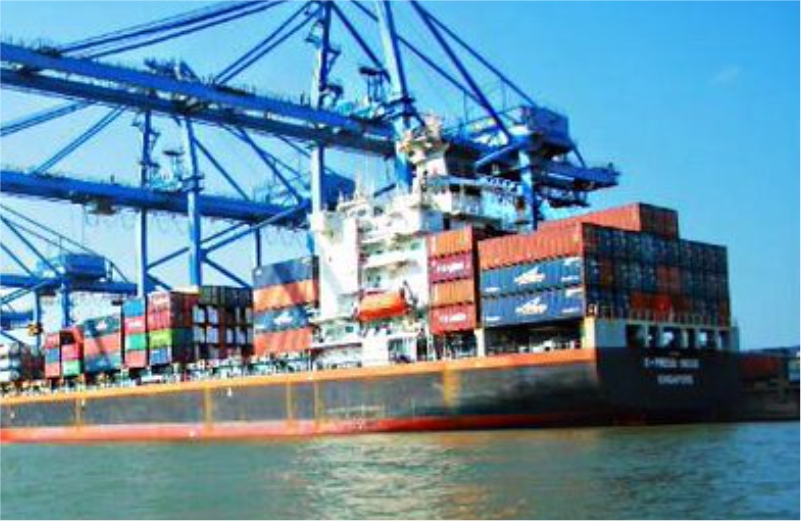Huge cost advantage to importers from Andhra Pradesh, Telangana, Karnataka, Tamil Nadu & Maharashtra
Krishnapatnam Port Co. Ltd (KPCL) has announced that it has obtained permission from the Central government for import of scrap. The service will be facilitated with the installation of the advanced Rapiscan system at the port, enabling Customs to inspect the scrap cargo without having to conduct an open examination.
With a drive-through container scanner at the port, KPCL now provides metal scrap importers with immense ease of operations. The KPCT container scanner will facilitate scanning of scrap trucks and container trailers for factory de-stuffing while taking delivery without additional delays for handling.
Further, since the Direct Port Delivery (DPD) facility is not available for shredded scrap at any of the nearby ports, the new service in place at Krishnapatnam Port will offer the advantage of lower handling cost and improved throughput time, especially for those who undertake de-stuffing at the factory.
Said Mr Anil Yendluri, Director and CEO, KPCL, “It’s an excellent service offering convenience and benefiting customers, Customs and the port alike in terms of time, cost and efficiencies. It has been our priority to embrace the best practices and the right technologies offering the advantages of increased productivity. With improved TATs and enhanced efficiency, the service offers immense value and huge savings across the supply chain whilst providing a fool proof security system.”
Metal industries located in and around Andhra Pradesh, Telangana, Tamil Nadu, Karnataka and Maharashtra, who presently use port facilities farther away from their factories and are incurring higher transportation cost, can avail immense value with this service.
Mr Ashish Bansal, Managing Director, Pondy Oxides and Chemicals Ltd, a leading importer of metals having one of its plants near Renigunta, said that “installation of the modern container scanner at KPCT will assist importers in quicker and hassle-free clearance of imports and reduce lead times resulting in quicker cycle times.”






